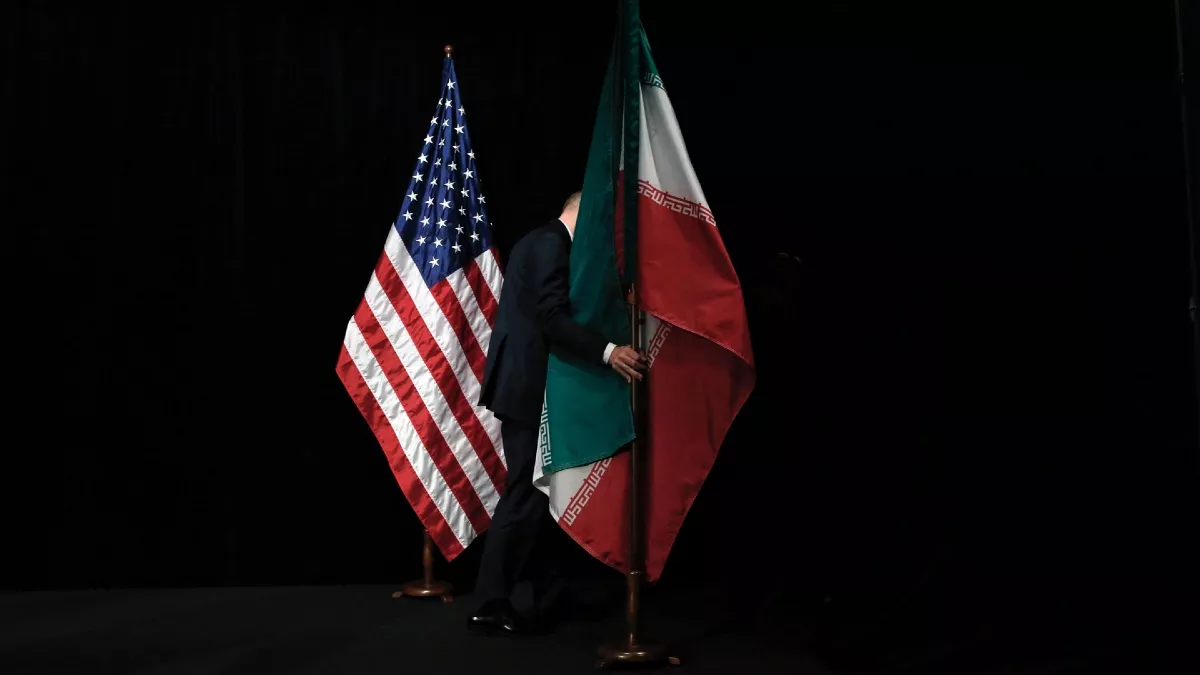Unlocking the Iran–US Dialogue in Oman
WANA (Apr 08) – An international affairs expert has stated that Saturday’s negotiations in Oman could serve two key purposes: de-escalating tensions and creating a pathway for serious future talks.
Hassan Beheshtipour, emphasizing the importance of pursuing Iran’s foreign policy goals—especially the lifting of U.S. sanctions—through diplomacy, outlined three key tools in achieving national interests:
1. Diplomacy – It plays a decisive role in international relations. The individuals involved, and what issues are being negotiated, matter significantly. Skilled and knowledgeable negotiators are crucial.
2. Policy-making structures – In each country, a specific institution sets foreign policy. In Iran, the Supreme National Security Council (chaired by the president) defines the final direction of negotiations.
3. Media and public diplomacy – Foreign adversaries, particularly those hostile to Iran, have a much stronger media apparatus and are actively shaping public narratives. Meanwhile, Iran’s own public and official media presence in this domain is lacking.
Beheshtipour criticized Iranian authorities for not clearly communicating the rationale, nature, and goals of these negotiations—especially regarding indirect talks with the U.S.—to the public, academia, or policy experts. He noted that the JCPOA is no longer the main issue; rather, the core concern is the U.S. sanctions, which continue to influence the behavior of European and other international players.

Direct Iran–US Talks Likely
WANA (Apr 08) – Seyed Hossein Mousavian, a senior Iranian diplomat and former spokesperson for the Atomic Energy Organization—currently residing in the US—wrote on his X page that direct negotiations between Iran and the US are highly likely, based on past experiences. Mousavian wrote:”The talks between Iran and the US will likely be conducted […]
Iran Seeks to Show It Is Open to Dialogue
Regarding Iran’s willingness to engage in indirect negotiations, Beheshtipour argued that the Iranian side likely sees such talks as a way to de-escalate American rhetoric and show both domestic and international audiences that Iran favors diplomacy over confrontation. During the talks, Iran would also clarify its red lines and expectations.
He drew a parallel with past events: before the JCPOA, secret talks were held in Muscat, where a breakthrough occurred when the U.S. recognized Iran’s right to enrich uranium. A similar breakthrough—reaching common ground on key issues—may again be necessary before direct talks can take place.
Beheshtipour emphasized that while past indirect negotiations (e.g., during President Raisi’s tenure) did not yield results, this time there is potential for meaningful progress if both sides approach the process seriously.
Negotiation Is Not Surrender
He concluded by asserting that even the strongest economy cannot negate the need for diplomacy to lift sanctions. Whether talks are direct, indirect, public, or secret doesn’t matter—the goal is progress. Negotiation does not mean surrender or agreeing to the opponent’s demands, but rather understanding one’s own position and trusting in the capabilities of one’s negotiators.
Finally, he warned against media manipulation by the U.S. and Israel, urging Iranian officials to better inform the public and swiftly counter disinformation campaigns.
Who Are the Senior Iranian and #US #Negotiators in #Oman?
According to obtained information, indirect #negotiations between #Iran and the United States will begin on Saturday in Oman.
Seyed Abbas Araghchi, Iran’s Foreign Minister, and Steve Whitkoff, the U.S. Special Envoy for… pic.twitter.com/uJ9iNJEKiG
— WANA News Agency (@WANAIran) April 8, 2025












